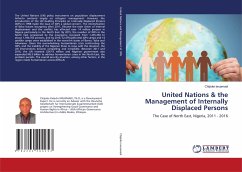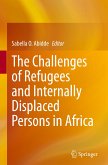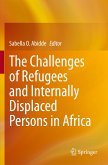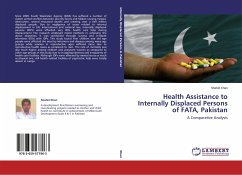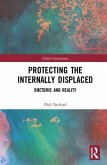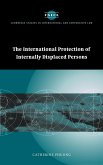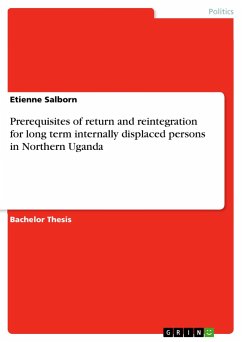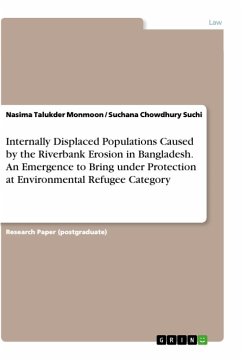The United Nations (UN) policy instruments on population displacement hitherto centered largely on refugees' management. However, the introduction of the UN Guiding Principles on Internally Displaced Persons (IDPs) in 1998 made the issue of IDPs a global concern. The intensification of Boko haram insurgency after 2011, became the main driver of internal displacement and the conflict has affected over 14 million persons in Nigeria particularly in the North East. By 2015, the number of IDPs in the North East occasioned by the insurgency increased from 1,235,294 to about 1,934,765 persons, and by 2016, 32 official/formal IDPs camps and 14 satellite camps were established in the worst-hit states of Borno, Yobe and Adamawa. Given the overwhelming humanitarian crisis confronting the IDPs, and the inability of the Nigerian State to cope with the situation, the UN interventions became compelling and irresistible. Between 2011 and 2016, the UN invested $247.9 million and Nigerian government also expended N8.3 billion to address humanitarian crises in the North East, the problem persists. The overall security situation, among other factors, in the region made humanitarian access difficult.

